Swiss condemn North Korean rocket launch
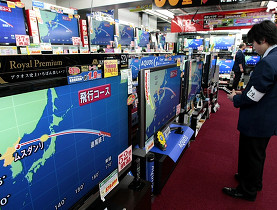
The Swiss foreign ministry has condemned an attempt by North Korea to launch a long-range rocket into orbit over Japan.
Such a move violated United Nations Security Council Resolution 1718, which prohibits North Korea from conducting ballistic missile-related activities of any kind, it said in a statement on Sunday.
The government called on “all parties to refrain from any action that could aggravate the situation” and for “dialogue and moderation to be given priority”.
North Korea must comply with Resolution 1718 immediately and renounce nuclear weapons and any connected programme “in a verifiable and irreversible manner”, it added.
The United States and the European Union said North Korea’s missile launch – early on Sunday morning Swiss time – was a threat to neighbours and demanded a response from world nations.
The UN Security Council scheduled an emergency session on Sunday in New York.
The reclusive communist state said a satellite was launched into orbit and circled the earth transmitting revolutionary songs. But both the US military and South Korea said it had failed to enter orbit, with the first stage of the rocket falling into the waters between Korea and Japan and the two other stages and its payload landing in the Pacific Ocean.
International reaction
North Korea’s decision to launch – which analysts say was effectively a test of a ballistic missile designed to carry a warhead potentially as far as Alaska – drew swift international condemnation.
Nato described it as “highly provocative” and in breach of its commitments to the UN Security Council.
“These actions place additional strains on regional stability at a time when the unresolved nuclear issue on the Korean Peninsula requires mutual confidence-building,” said the EU, whose presidency is currently held by the Czech Republic.
Japanese Prime Minister Taro Aso said the fact that North Korea went ahead with the launch despite repeated warnings from around the world, especially the United States, South Korea and Japan, “was an extremely provocative act and one that Japan cannot let go unchallenged”.
The South Korean Foreign Minister Yoo Myung-hwan echoed Swiss calls for compliance UN Resolution Council 1718.
“This government and the international community is deeply disappointed that the North went ahead with the long-range missile at the enormous cost that could resolve its chronic food shortage,” he added.
“The government is stepping up readiness in response to any provocation by the North.”
China, North Korea’s chief ally, offered a muted response, calling on all sides to maintain calm and exercise restraint.
The low-key reaction indicated that Beijing, a veto-wielding member of the UN Security Council, will likely oppose anything but a mild rebuke of Pyongyang during the emergency council session.
Russia called on the international community to demonstrate “a balanced approach and caution” while discussing North Korea at the Security Council.
“Dangerous legacy”
It was the first big challenge for US President Barack Obama in dealing with North Korea, whose efforts to build a nuclear arsenal have long plagued ties with Washington.
Earlier in the day Obama launched an effort to rid the world of nuclear weapons, calling them “the most dangerous legacy of the Cold War” and saying the US had a moral responsibility to lead as the only nation ever to have used one.
Obama, addressing a bustling crowd of more than 20,000 in an old square outside the Prague Castle gates, said the US would “immediately and aggressively” seek ratification of a comprehensive ban on testing nuclear weapons.
Obama is nearing the end of a sweep through five nations in Europe, covering topics ranging from the global economic crisis to the war in Afghanistan to, now, the crisis in North Korea and the fate of the nuclear world.
He said the US would host a summit within the next year on reducing and eventually eliminating nuclear weapons, and he called for a global effort to secure nuclear material.
Obama targeted his comments at one point directly at North Korea.
“North Korea broke the rules once more by testing a rocket that could be used for a long-range missile,” Obama said. “This provocation underscores the need for action – not just this afternoon at the UN Security Council, but in our determination to prevent the spread of these weapons.”
swissinfo with agencies
Switzerland, along with Sweden, is a member of the supervisory commission which ensures compliance with the armistice between the two Koreas.
In the wake of the famine of the 1990s, Switzerland was one of the first to offer humanitarian aid.
And almost alone among donors, it subsequently turned its humanitarian commitment into a long-term development programme.
The programme is run by the Swiss Agency for Development and Cooperation (SDC).
Much of the programme is specifically geared to improving agricultural output, but it is also aimed at integrating North Korea into the international community.
Swiss cooperation has been strongly criticised in parliament, and is to end after 2011.
Kim Jong-il’s third son, Kim Jong-un, whom many observers think will succeed his father, spent some of his teenage years at school near Bern.

In compliance with the JTI standards
More: SWI swissinfo.ch certified by the Journalism Trust Initiative
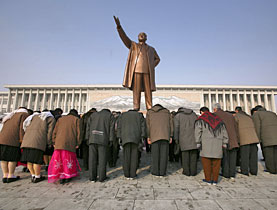
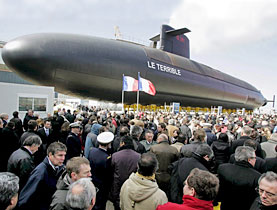
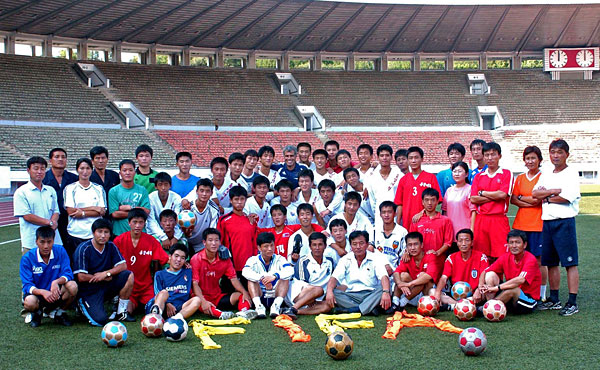
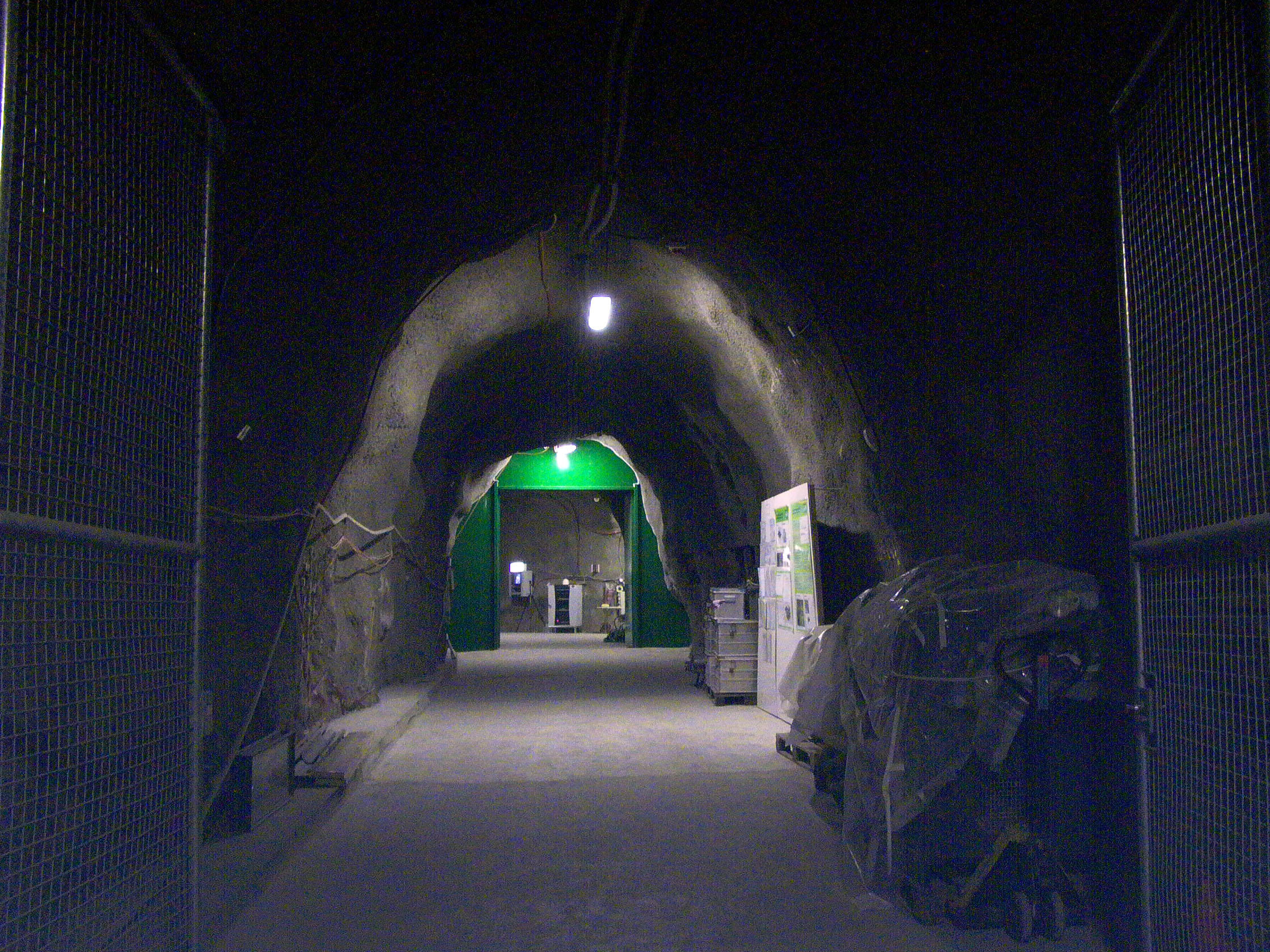
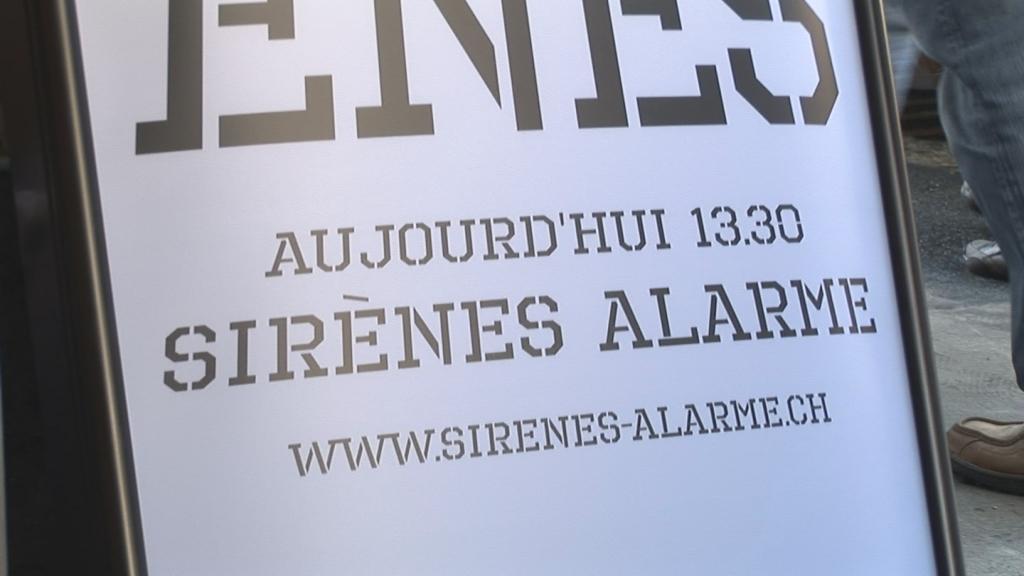
You can find an overview of ongoing debates with our journalists here. Please join us!
If you want to start a conversation about a topic raised in this article or want to report factual errors, email us at english@swissinfo.ch.